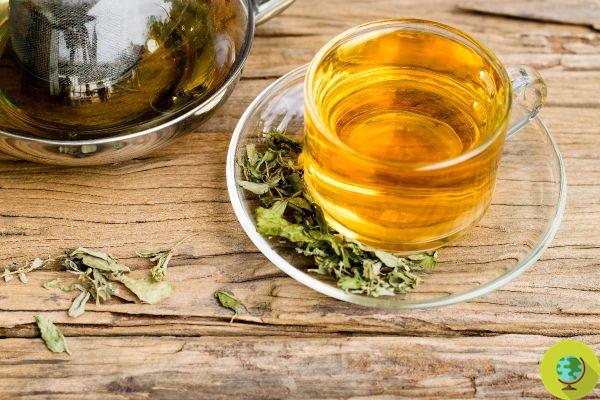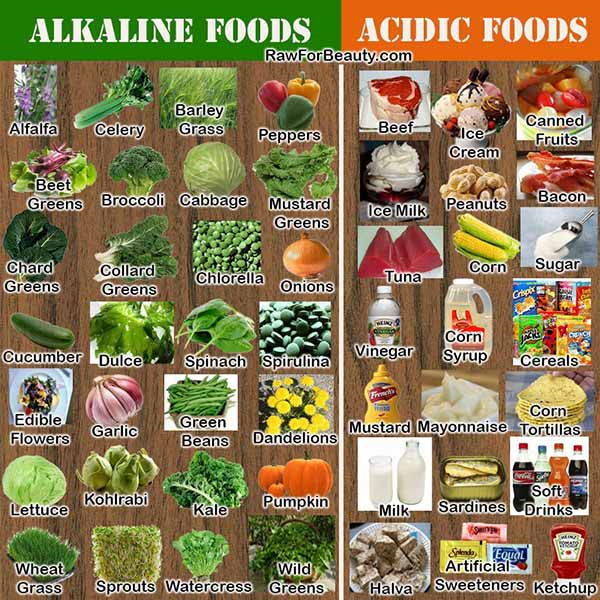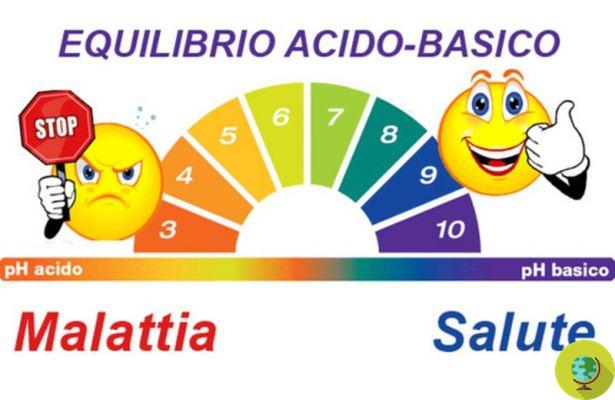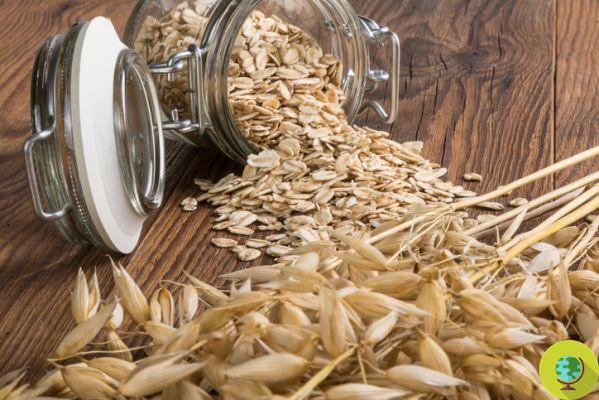Propolis is a bee product full of benefits and uses. It is considered to all intents and purposes a natural antibiotic ally in various situations, especially to combat seasonal ailments. So let's find out all the properties and possible contraindications of propolis.
Don't store avocado like this: it's dangerousLa propolis is a bee product full of benefits and uses. It is considered to all intents and purposes a natural antibiotic ally in various situations, especially to combat seasonal ailments. So let's find out all the properties and possible contraindications of propolis.
There are few people who have never used or heard of propolis, resinous substance produced by bees. Small insects collect it from plants and then transform it using wax, pollen and enzymes (also of their own production). What comes out in the end is a totally natural product with very particular characteristics and extremely beneficial for our body, so much so that it is one of the best known and most used natural remedies.
Read also: PROPOLIS: PROPERTIES, USES AND VEGETABLE ALTERNATIVES
Now let's take a closer look at yours property.
Index
PROPERTIES AND BENEFITS OF PROPOLIS
Among property more interesting than propolis there is undoubtedly theantibacterial effect confirmed by scientific researches that have seen how the active ingredients contained in it are able to inhibit the development of different types of bacteria includingEscherichia coli il Proteus vulgaris, the Mycocterium tubercolosis, the Bacillus alvei, the Bacillus larvae, and Bacillus subtilis from any tip of salmonelle.
Not only antibacterial, propolis has antiviral and antifungal properties, it is able to act against some types of Herpes and Candida, for example. Given all its capabilities, it is no coincidence that bees use this substance to isolate from external agents and disinfect the hive, it is in fact a matter of a natural antiviral and antibiotic.

Other benefits of propolis are the healing power, which makes it a suitable remedy when there is a need to stimulate tissue regeneration, for example in the case of sores or small wounds; but also the ability to stimulate the immune defenses.
The propolis then has an anti-inflammatory and analgesic effect on the mucous membranes, if sprayed for example on the throat it tends to dampen the discomfort but above all, since it is a resinous substance, creates an antibacterial screen.
In summary, propolis has properties:
• Antibacterial
• Antiviral
• Antimicotica
• Cicatrizing
• Stimulates the immune system
• Anti-inflammatory
• Analgesic
USES OF PROPOLIS
Propolis can be used both internally and externally. What can be treated with this substance? The list is long and is mostly about flu symptoms and small wounds. You can choose to use propolis in case of cold or sore throat (due to pharyngitis or laryngitis), preferably at the first symptoms.
Another very frequent use is that in case of canker sores and irritation of the oral cavity (stomatitis, gingivitis, tonsillitis, plaques in the throat) as a disinfectant and healing agent (it is in fact able to promote tissue regeneration), to treat herpes and the appearance of mycosis. In this case it is an external use that can be done using a solution in drops, in spray or propolis-based creams.
Propolis can also be useful in a preventive manner for strengthen the immune system and avoid seasonal ailments. For this purpose, however, there are other probably more effective natural products such as Aloe juice, Echinacea, or Astragalus.
Since the concentration of the active ingredients in propolis can vary, it would be important to purchase one for best results standardized product in which therefore a good dose of substances useful for the well-being of our organism is ensured.

In summary, the main uses of propolis are in the case of:
• Cold
• Sore throat
• Afte
• Gingivitis
• Plaques in the throat
• Tonsillitis
• Herpes
• Mycosis
• Strengthen the immune system
HOW IT IS ASSUMED
Generally for respiratory disorders the mother tincture of propolis, or a hydroalcoholic solution to be taken a drops (25-30) a couple of times a day (also exists in the alcohol-free version). It can be taken with a little water or, to dampen the flavor a little, mix it with a teaspoon of honey.
In case of a sore throat it would be good spray it directly on the irritated area so that this substance can create a protective filter.
However, there is also the propolis in tablets or herbal discoveries in which this substance is combined with other active ingredients to increase their effectiveness or for the treatment of specific problems.
In the case of canker sores or irritation of the oral mucosa they can be done several times a day rinses based on water and propolis or put a few drops of mother tincture directly on the inflamed area.
WHERE TO FIND IT
Unlike other natural products, propolis is easily found. You can buy it in any herbalist's shopin pharmacy, online but increasingly it is also available in health department of the common supermarkets.
VEGETABLE ALTERNATIVES TO PROPOLIS
Vegans, who exclude both food and consumer products from animal exploitation, also choose to avoid propolis. There are actually many plant alternatives and, depending on the problem you want to tackle: sore throat, canker sores, mycosis, herpes, weak immune system, etc. you can replace propolis with remedies such as: Echinacea, Tea tree oil, Aloe juice or gel, etc.
The mother tincture of Echinacea is excellent for acting on the first flu symptoms while the tea tree oil can be used for canker sores, small skin wounds or mycosis.
So who is vegan, but even those allergic to propolis, they can try alternatively depending on the problem to be treated:
• Echinacea
• Tea tree oil
• Aloe juice or gel
Other natural antibiotics
There are also other foods and products that are considered natural antibiotics. It is about herbs, spices and other foods that offer interesting healing properties. These include, for example, garlic, onions, oregano, ginger and cinnamon. To learn more, read here.
Read also: NATURAL ANTIBIOTICS: 10 FOODS AND HERBS, REAL AND OWN DRUGS
CONTRAINDICATIONS
Propolis does not present major contraindications other than hypersensitivity in predisposed subjects who can therefore rediscover an allergic reaction to the substance. Furthermore, if it is taken internally the presence of alcohol should not be underestimated, however, there is also glycolic propolis (without alcohol) designed above all for the well-being of children.
A disadvantage of propolis used internally is undoubtedly its own flavor, not appreciated by everyone, but it can be remedied by taking the drops together with a teaspoon of honey. Attention also to the power of propolis to stain skin, teeth, clothes, sanitary ware, etc. However, these are minor inconveniences compared to the great advantages that this natural product offers.
PROPOLIS IN PREGNANCY AND NURSING
But can propolis be used in pregnancy and breastfeeding? In reality there are no risks for the use of the resinous substance itself, but without a doubt it would be better to use alcohol-free propolis products. The only caution to have concerns possible allergic reactions, if you have never taken the product before, therefore, it is better to avoid experimenting with it as a new mothers.


























